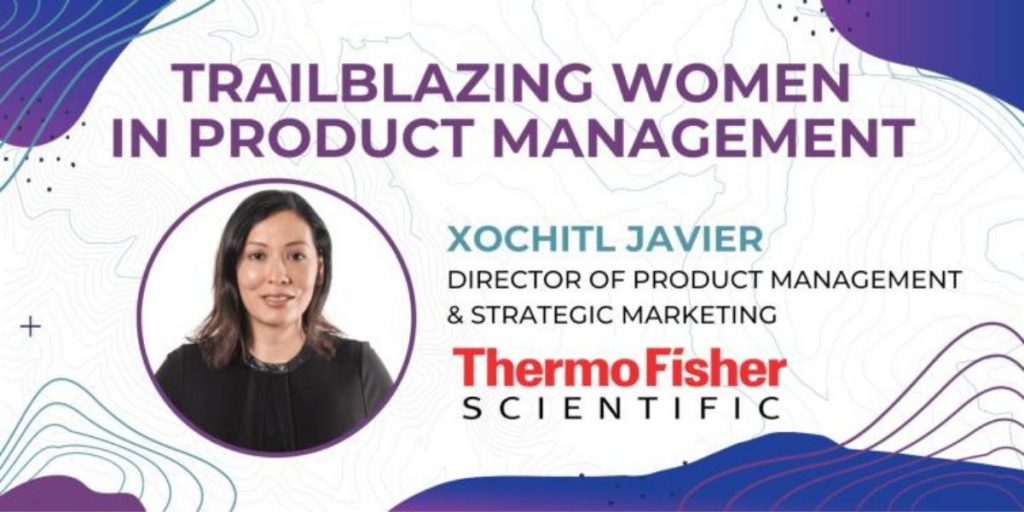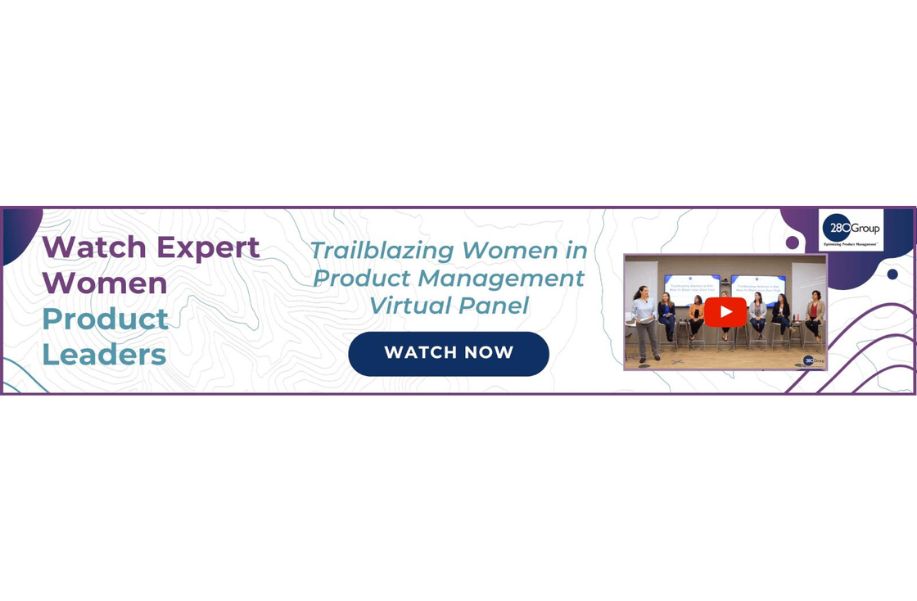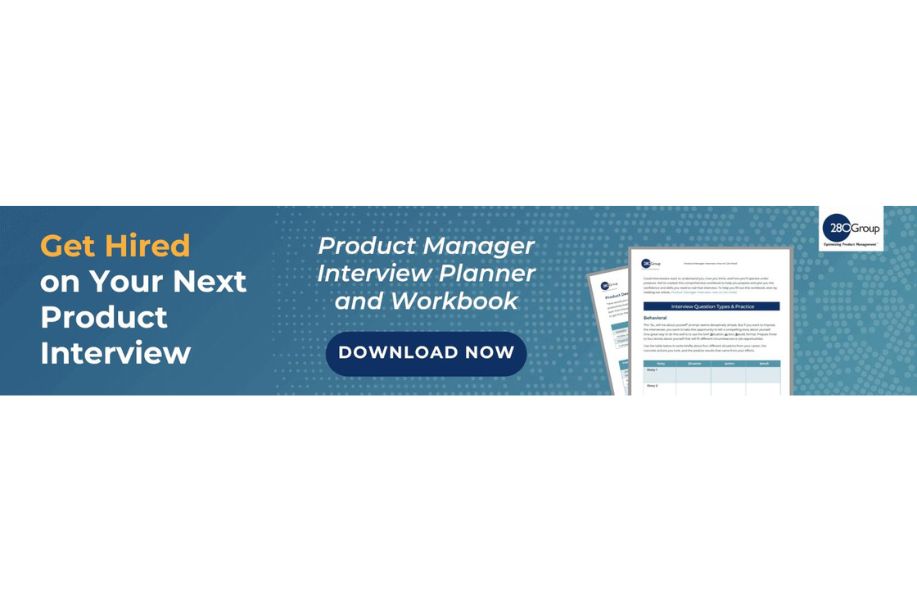
For our next installment of the Women in Product Management Series I interviewed Xochitl Javier, Director, Product Management & Strategic Marketing at Thermo Fisher Scientific. To read the entire series on Women in Product Management make sure to sign up for our newsletter.
How did you get into product management?
I have a degree in cellular biology and had every intention of going to medical school. After I graduated, I applied for a job at a laboratory supply company. Within months, I was put through a rotation to shadow a variety of functions throughout the company. One function I had no idea existed was Product Management. The team helped launch products to the market and I thought it was fascinating. Two years later, I worked for Hu-Friedy, a dental instrument company, in a variety of roles, from operations to marketing. After my initial exposure, I always had the intention to get into Product Management. I finally got to do that at Hu-Friedy.
I love being responsible for the success of a product, but what attracts me most is how good Product Managers make it their mission to understand the customer and the markets. You take that knowledge and figure out solutions that work to solve the needs of the customer while also balancing the success of the business. I find that to be such an incredible intersection. I’ve been a Product Manager and strategic marketer for over 15 years where I’ve spent most of my career working for companies in the life sciences or biotech sector. What really threads it for me is this intense fascination with being close to the customer, close to the market, and understanding that intersection between them and the business.
Any lessons learned along the way?
If you aren’t learning lessons in Product Management, you’re not doing it right. I’ve had quite a few failures, and I wear them proudly, which I believe makes me a better Product Manager. Product Managers need to listen intently to the market and be aware of changing market dynamics. One example is from when I worked in industrial laboratory services, serving the food industry. Regulations were changing around how a food product is labeled in the United States and Canada. We had not anticipated how quickly those changes would come, or the impact they would have on customers at the local level. We focused on large companies, but we could have done better talking to smaller companies to understand their reality with the changing regulations. The big lesson for me: Always listen to the market and understand the market dynamics well in your industry to make sound strategic decisions.

What do you find most interesting about Product Management?
I love the ability to go into a market and understand the market dynamics, who those customers are, what keeps them up at night, and how I can add value. People assume that I’m extremely passionate about whatever industry I’m in. Truth be told, I am deeply passionate about solving customer problems. People who end up in Product Management have that trait—they want to solve. That is both a passion and a challenge. Right now, I am solving different, complex problems at Thermo Fisher to enable a safer world. Our industrial products detect a few hazards, including radiation and explosives. I enjoy the challenge because I want to get into that customer’s head, understand their needs and how I can help solve them and do it better than others. It is very rewarding and very challenging at the same time.
What do you find the most challenging?
The challenge when entering a new industry or market is getting up to speed to add value as quickly as possible. It can be daunting, depending on how complex, technical or scientific the product or market is. Product Managers may become frustrated if they don’t feel as though they are expert enough. I have been very nimble across a variety of industries because I love Product Management. What works for me is aligning myself with experts internally, connecting deeply with sales, and getting grounded initially to overcome the challenge of getting immersed in the new market. Product Managers should have a framework that they carry throughout their career to support their understanding of their markets. That includes understanding the market, understanding the customer, identifying the problems to solve, understanding how those problems are solved, and how you can add value. I can go into any market and industry and apply that framework.
What are you looking for when you’re hiring Product Managers for your team?
I look for three things. First, the person has to be intensely curious about the world. Good Product Managers are always thinking about the customer, about how to add value, and how to continuously innovate their products or portfolio. Second, I look for people who have strong accountability and ownership. Product Managers drive the success of a product, and act as CEO and champion of the product. Good Product Managers have passion and extreme ownership to see it succeed. The third trait is a roll-up-your sleeves, can-do attitude with a little bit of fearlessness. There’s a lot of ambiguity in Product Management. It’s not always prescriptive. There must be a willingness to stretch yourself and try new things. It’s really about those traits rather than just having broad Product Management experience because I can coach someone to learn Product Management through the application of frameworks.

What advice would you give women going into product management?
Definitely go for it! I urge women to speak with others who have done it. I enjoy when people reach out to me on LinkedIn and ask how I got into Product Management. I am proud that I have encouraged several people to join this not so well– understood function. I think it’s a deeply rewarding career. Do not be afraid to not know something when you go into a new industry. People think Product Managers have all the answers. I ask a lot of questions, all the time. I align myself with people who are going to be champions and help me along in my role. Product Management is about networking, even internally, and I encourage women to find allies and advocates to support them in their career.
Any guiding principle?
I always try to be self-aware in my daily interaction with others. But I know I have my blindsides. I ask for feedback on how I can do things better. I ask my teams, “What should I stop? What should I start? What should I continue?” It’s a very simple and effective framework for asking for feedback. The types of responses I have received throughout the years have made me a better manager and Product Manager.


